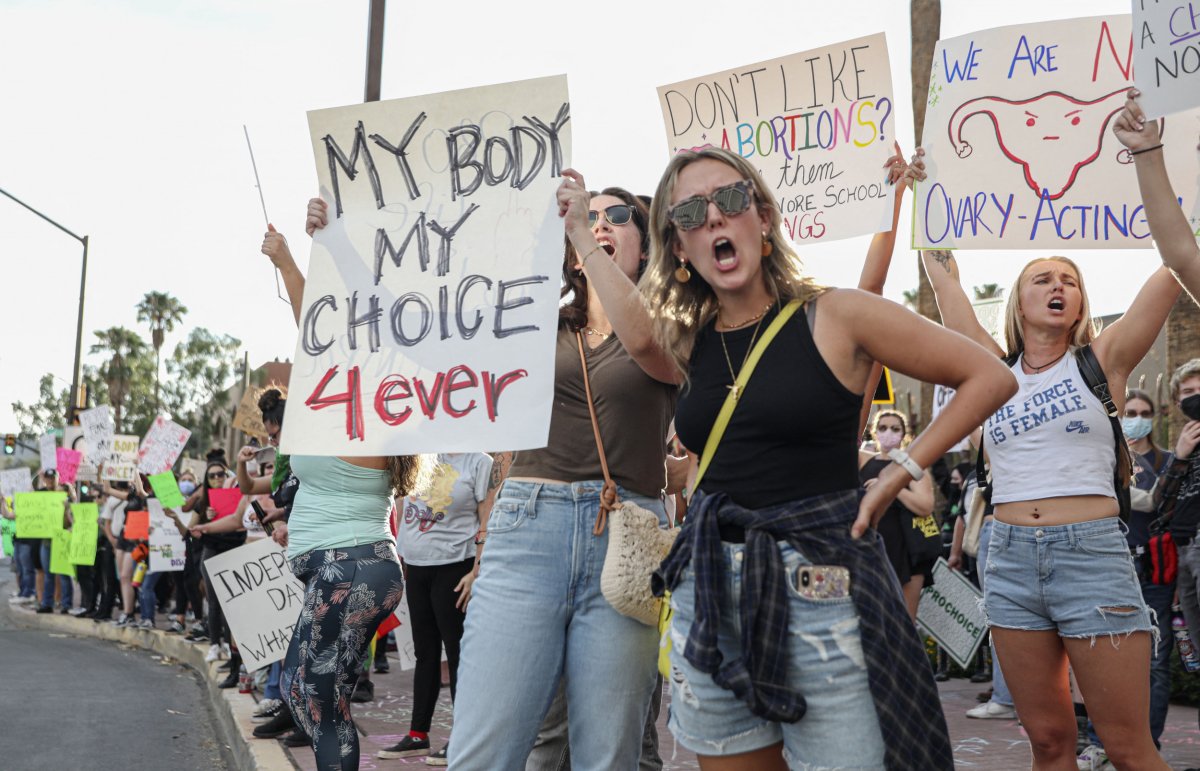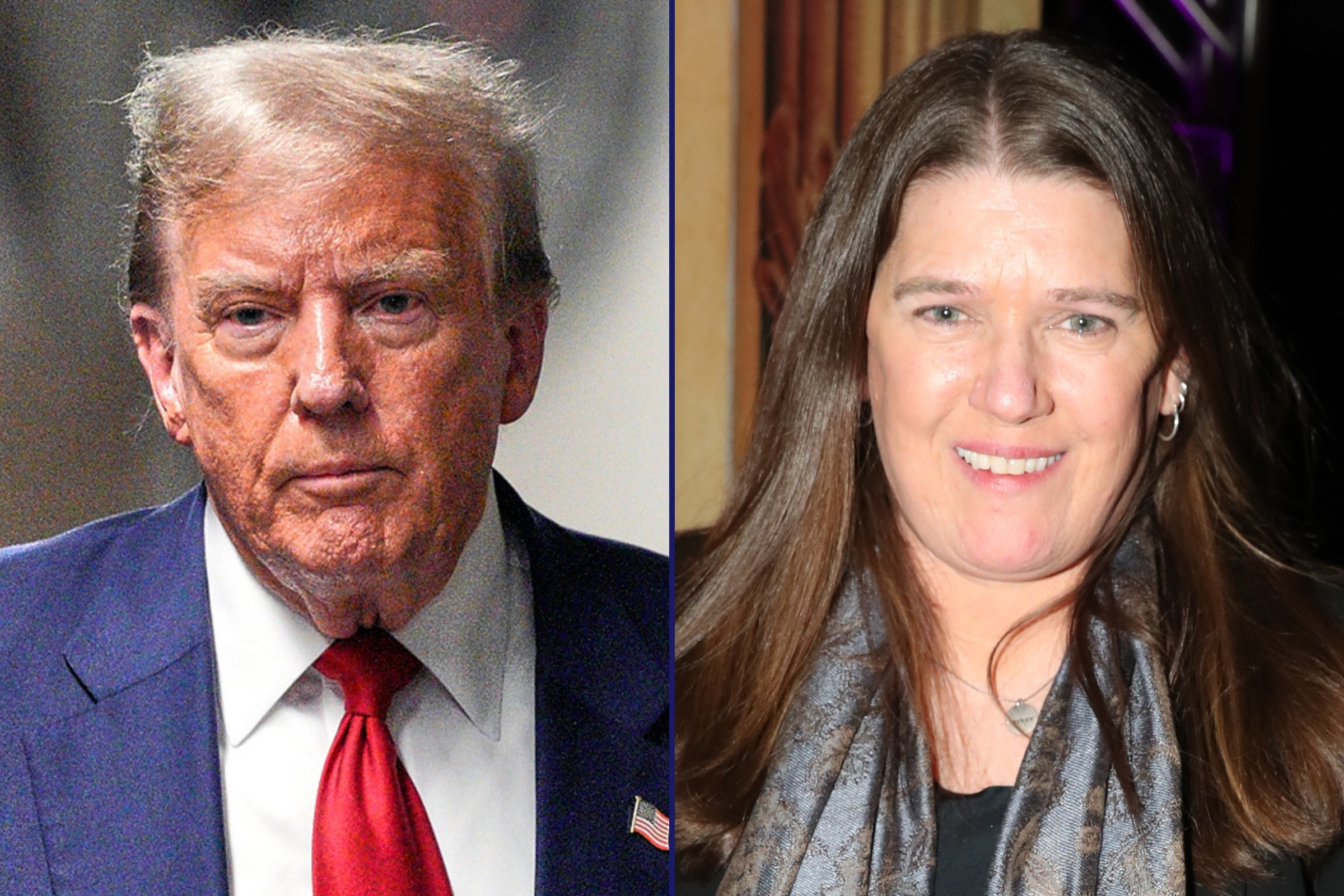With the release of the Supreme Court's Dobbs decision last month, the dire warnings about the risk to abortion access in this country have proven to be prescient: The right to abortion is no longer guaranteed at the federal level, and the question of women's reproductive freedoms is now a matter for the states.
The consequences of this decision have been swift and devastating. Thirteen states had trigger laws that went into effect, banning abortion immediately. Another 13 are poised to quickly enact new bans. In total, nearly 36 million women—almost half of the women of reproductive age in this country—could lose abortion access in the near future.
And in a particularly damning indictment of our politics, all of this will occur despite the overwhelming majority of Americans favoring legalizing abortion.
We didn't arrive at this moment overnight. Roe being overturned is a direct result of decades of work on the right. For the past 40 years, while Democrats were focused on the top of the ticket, Republicans invested down-ballot to secure power in state legislatures across America, enabling them to gerrymander, suppress votes, and enact anti-democratic policies that thwart the will of the people. This is true not just on abortion but on a host of other issues, from LGBTQ+ rights to gun violence prevention to climate change.
This reality underscores the urgency of the moment for Democrats. We must course-correct when it comes to our electoral strategy. With the stakes as high as they are, Democrats can't rely on our old playbook to win at the ballot box. We need to out-register, out-organize, and out-strategize Republicans in ways we never have before. This must include a focus on taking our fight to the states to regain power.

Certainly, federal elections, where Democrats have traditionally invested the bulk of their money, remain important. But in today's political environment, we have to recognize the states as central to our efforts to preserve and protect democracy and our fundamental freedoms.
This means we must invest in down-ballot candidates to regain control of state legislatures and increase the Democratic talent pipeline. It requires investing in Democratic infrastructure to provide for year round organizing capacity and the people power needed to run winning campaigns. And we must make these investments early enough in the cycle to make a difference.
For far too long, Democrats have used an outdated strategy, one that relies too heavily on late-cycle contributions to federal races already flush with cash. The predictable result is that money is rarely spent on voter registration, organizing, and staffing. More often, it is spent on advertisements, which although important, can't counter the larger, structural challenges that we must address if we want to win.
It's time to flip the script with early investment at the state level, which includes infrastructure support as well as support for candidates.
We already know that this approach can yield results. My organization, Arena, made strategic investments in staff capacity in seven races across Virginia last fall—roughly $25,000 in each race—and we saw that these limited, early investments had an outsized electoral impact despite the challenging environment: Four of the races we invested in won in November. We also supported other rising state legislative stars to victory, from Ricky Hurtado, the first Latino Democrat to serve in North Carolina's state assembly, to Mallory McMorrow, who so eloquently spoke truth to power about the Michigan GOP's anti-LGBTQ agenda this year.
In every place that we got in early behind a compelling next-generation candidate, we've galvanized the electorate and gotten people excited about politics.
This type of work is also less expensive than late-cycle investments in federal campaigns, and it has a greater return on investment. Democratic dollars can go much further in state races than they can in federal races, and early investments are an infinitely more efficient use of resources than funding candidates close to election day, resulting in an outsized impact on races. Early investments in infrastructure also lead to year-round organizing capacity that can then be leveraged to win once candidates emerge from primaries.
As we look to the midterms, Democrats can't change what happened in Dobbs. But we can choose to change our approach. We have to shift our mindset to build future power. Failure to do so is ceding the field to Republicans, not just on abortion but on every other issue that's central to the Democratic agenda.
At this critical moment in history, this is our choice: Heed the wake-up call and look down-ballot or allow Republicans to further suppress and dilute the will of the people.
Lauren E. Baer is Managing Partner of Arena, the flagship organization for convening, training, and supporting the next generation of Democratic candidates and campaign staff. She was the 2018 Democratic nominee for U.S. Congress in Florida's 18th District.
The views expressed in this article are the writer's own.
Uncommon Knowledge
Newsweek is committed to challenging conventional wisdom and finding connections in the search for common ground.
Newsweek is committed to challenging conventional wisdom and finding connections in the search for common ground.
About the writer
To read how Newsweek uses AI as a newsroom tool, Click here.








